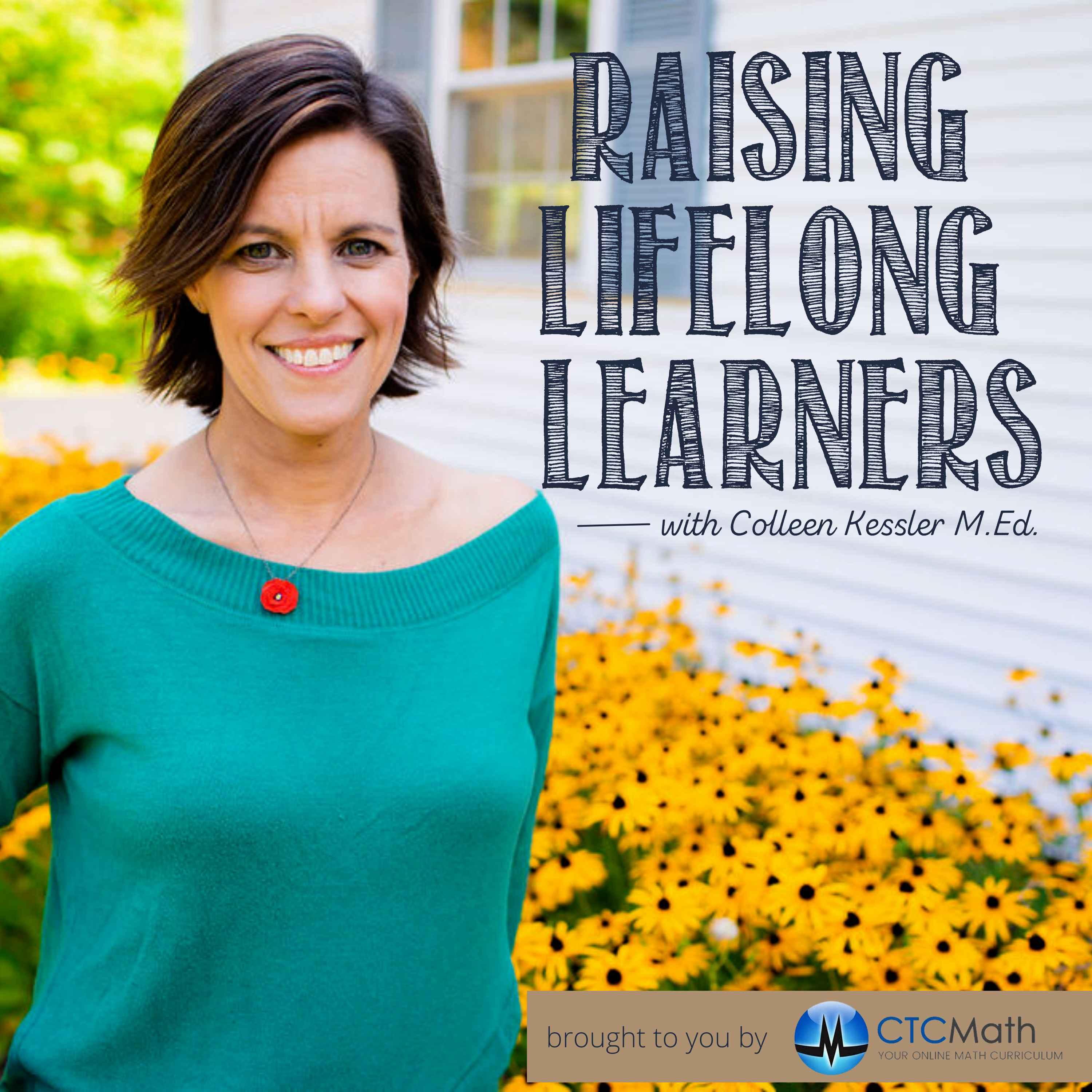Podcast Episode Details
Back to Podcast Episodes
Finding the Sweet Spot – Balancing Structure and Flexibility in Your Homeschool
In this week’s episode of the podcast, we dive deep into the tricky tightrope walk of balancing structure and flexibility at home—because let’s be honest, parenting (and homeschooling) neurodivergent kids isn’t for the faint of heart!
This episode is your breathe-and-hit-reset permission slip. Here’s a peek at what we covered:
Structure is Comforting… Until It Isn’t
Structure helps our kids (and us!) feel safe. Predictable routines can seriously reduce anxiety, especially for those with executive functioning challenges, ADHD, autism, or sensory processing issues. But too much rigidity? It can spark rebellion, burnout, and meltdowns—especially with creative, passionate, gifted kids.
What Does Flexibility Really Mean?
Flexibility doesn’t mean winging it! It means responsive teaching—letting your child’s needs, interests, and even energy levels guide your day. I share my own family's rhythm, from color-coded calendars to built-in time for unexpected appointments and sibling support.
Practical Strategies to Try Now
Here are some actionable takeaways to help you find your family’s sweet spot:
- Start with Your “Must Do’s”: Define your “minimum viable day”—the simplest version of what needs to happen (e.g., a little reading, writing, and math). Ease into your routine and build up slowly.
- Anchors, Not Timetables: Instead of strict schedules, anchor your day around meals, read-alouds, or physical routines.
- Visual Tools & Ownership: Use checklists, whiteboards, or color-coded calendars so your kids know what’s on deck.
- Support Executive Function: Scaffold routines gently and model breaking big tasks into small steps.
- Embrace Interest-Led Learning: Let your child’s passions drive parts of the curriculum for greater engagement.
- Built-in Downtime: Everyone—including you!—needs breaks to recharge.
You’re Not Alone (Even When It Feels Like It)
If your Instagram doesn’t look like those homeschool highlight reels, that’s normal. Messy days aren’t failures—they’re feedback.
Looking for More Support?
If you want ongoing resources, coaching, or community, check out the Learner’s Lab or subscribe to our email list for info on upcoming small group cohorts for middle/high schoolers and executive function workshops.
You’re the perfect parent for your child—just as you are. Give yourself grace, celebrate the small wins, and remember: structure and flexibility are both just tools.
Links and Resources from Today’s Episode
Thank you to our sponsors:
CTC Math – Flexible, affordable math for the whole family!
Night Zookeeper – Fun, comprehensive language arts for ages 6-12